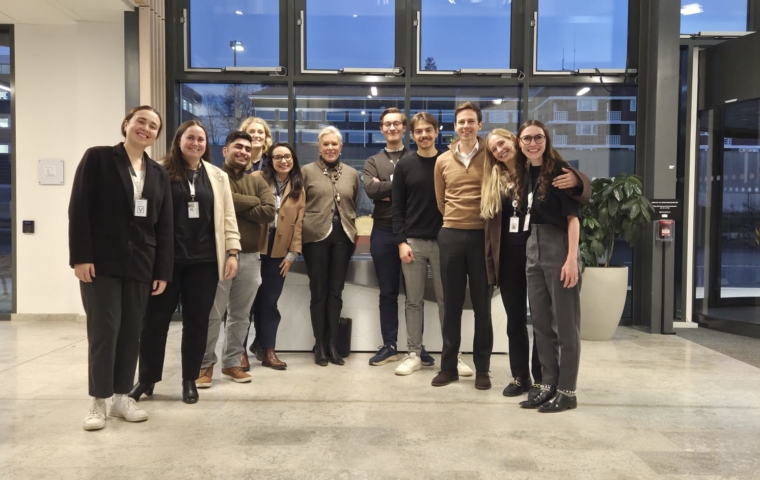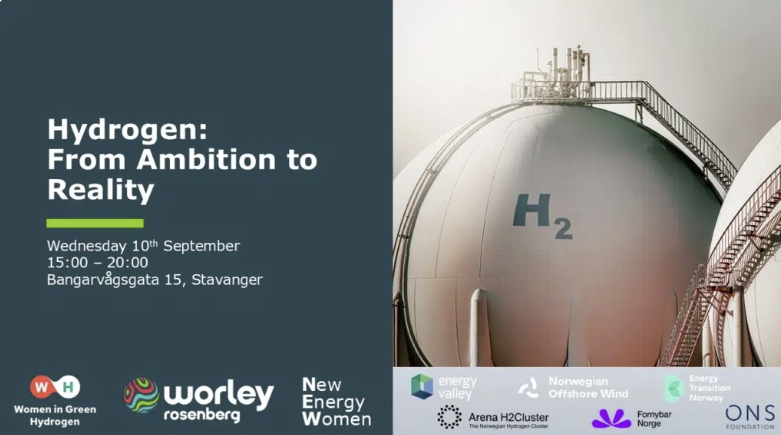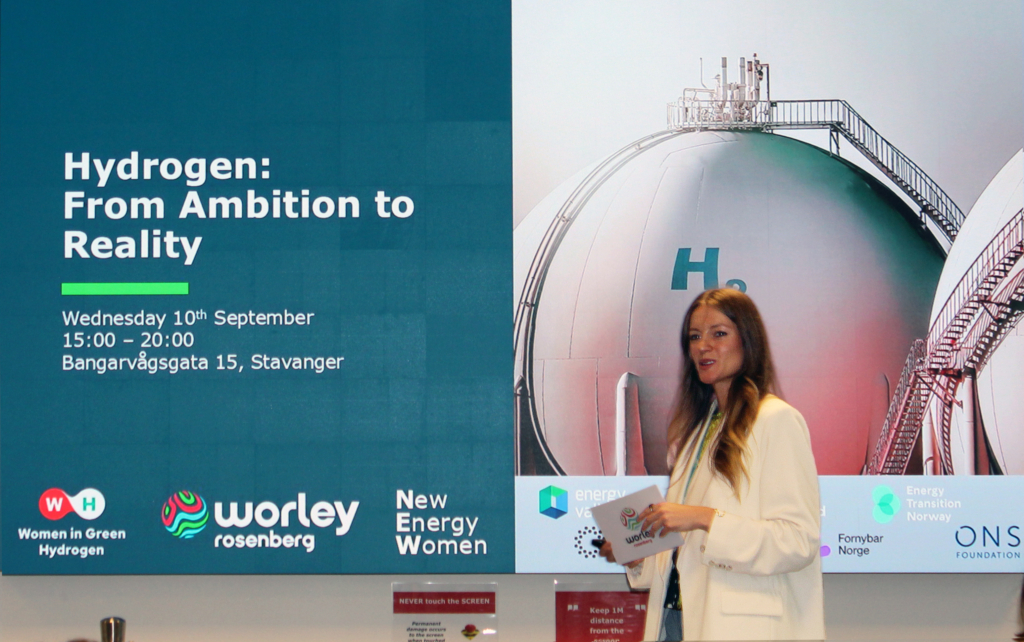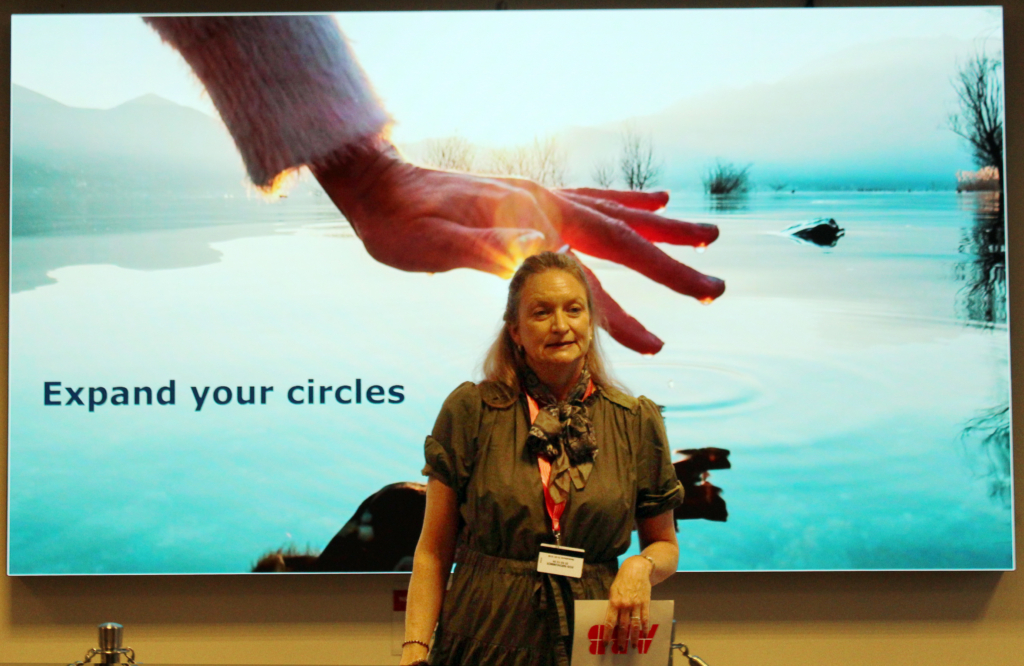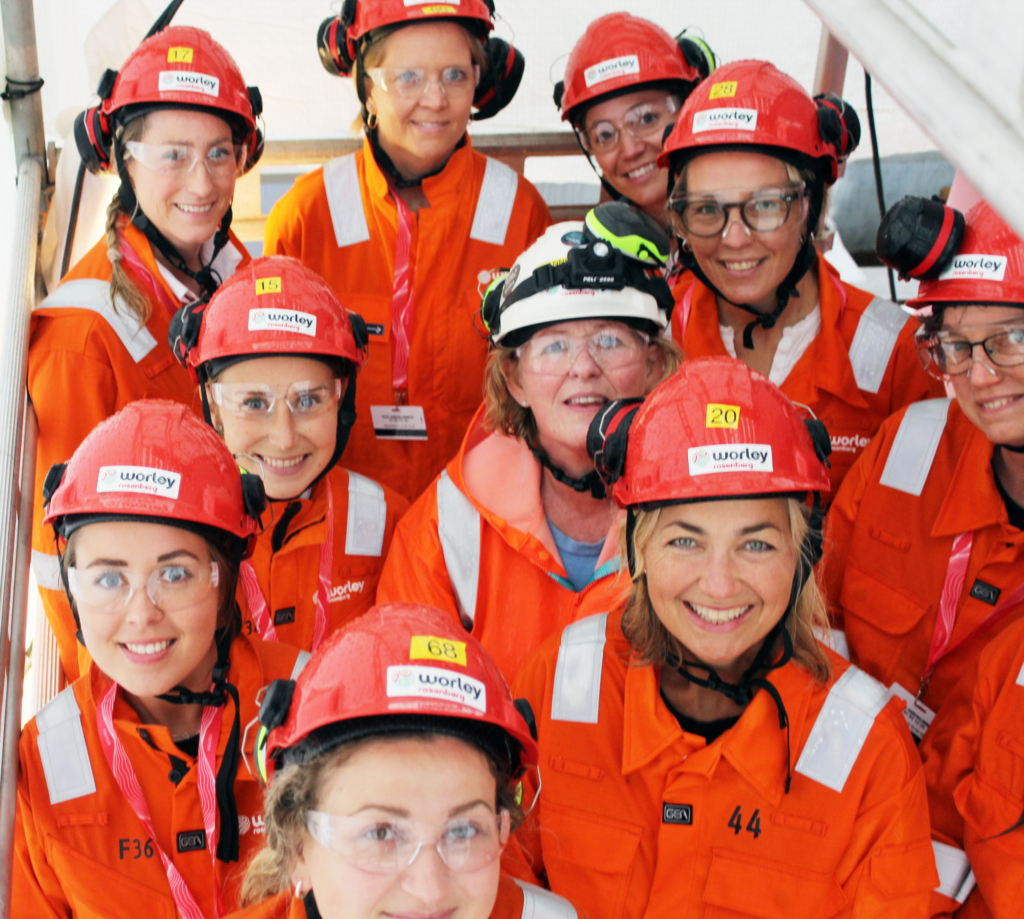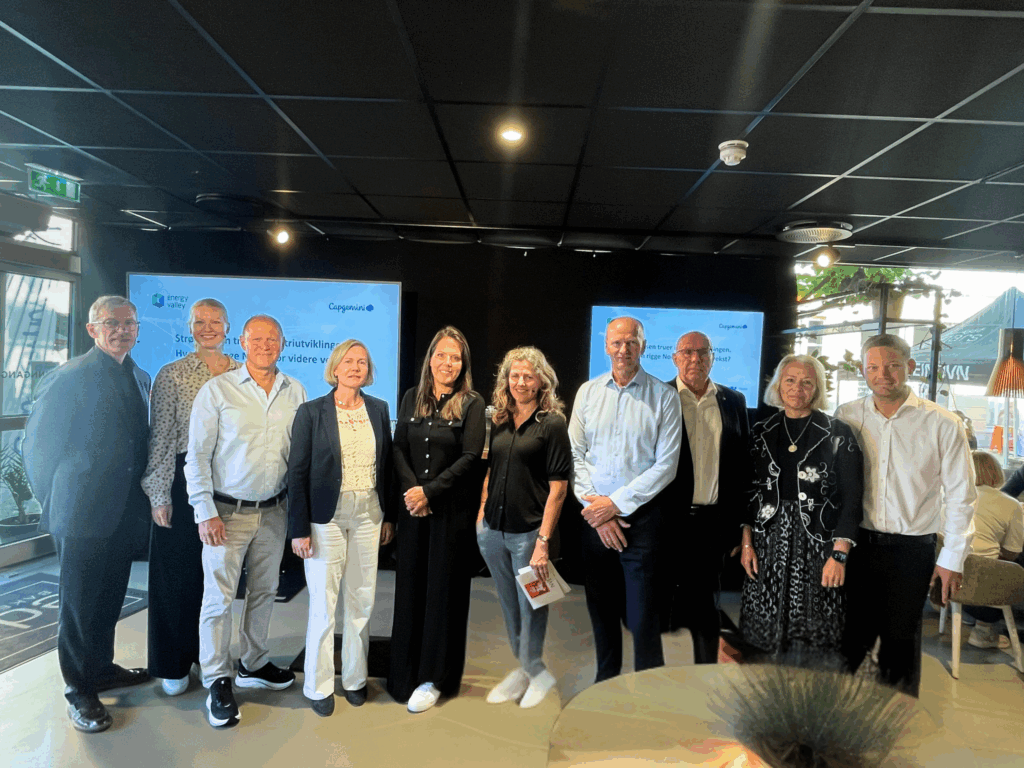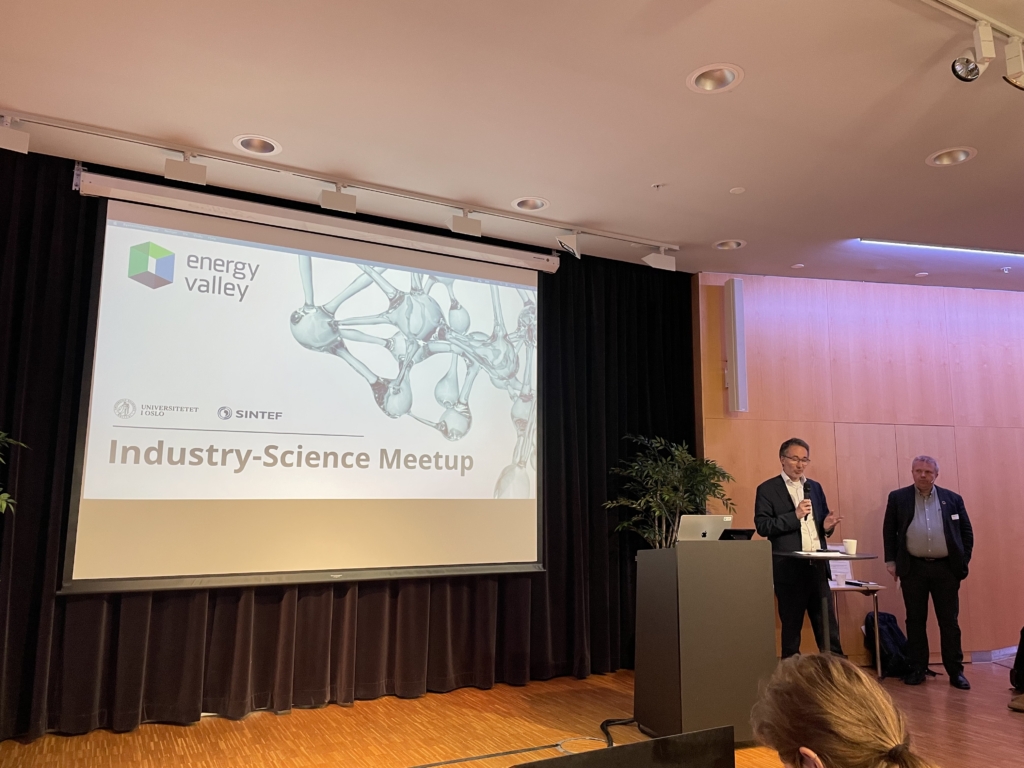Reflections from Oslo Innovation Week

During Oslo Innovation Week, Energy Valley held a two-session event, together with Capgemini. Here are some of the key takeaways…
SESSION I
Building the Future of Talent
What does it really take to build global companies out of Norway — and what kind of leadership and talent will define our next chapter? At our “Building the Future of Talent” session during Oslo Innovation Week, Energy Valley’s Preben Strøm explored these questions together with John Markus Lervik (Cognite), Snorre Valdimarsson (Thommessen) and two outstanding Future Energy Leaders — Shipra Mohan and Bielenis Villanueva Triana.
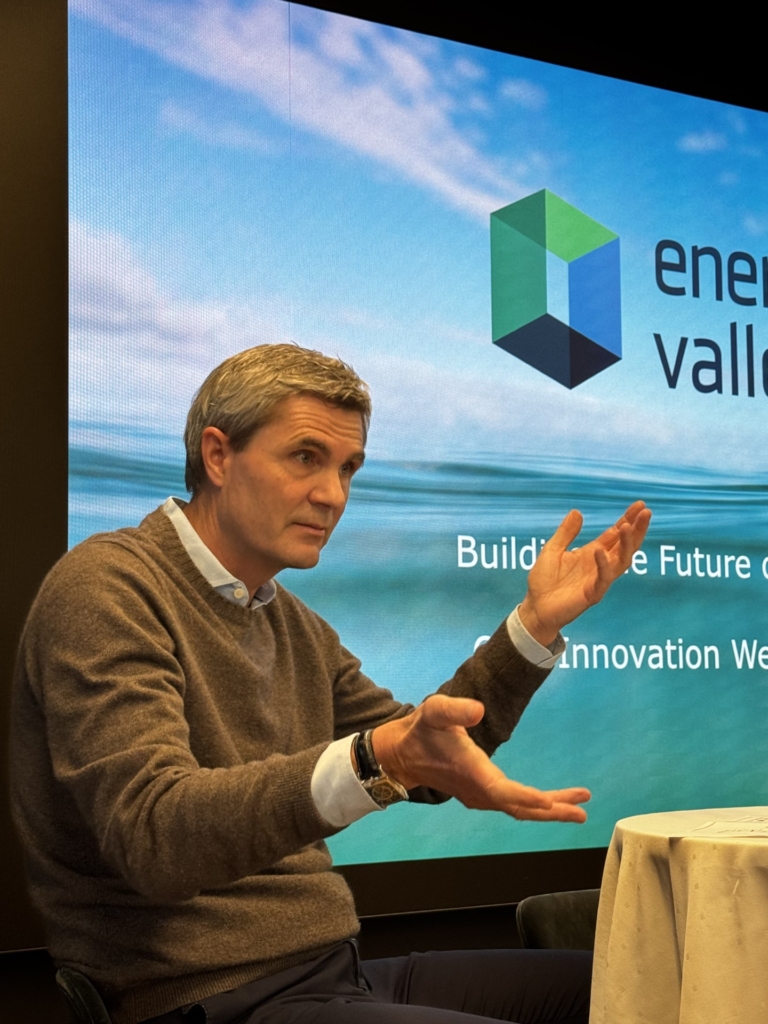
A few takeaways stood out:
💡 “The combination of grit and deep domain competence is crucial for success when building a global tech company.”
- John Markus Lervik, reminding us that endurance and expertise matter more than hype – and that life balance, not work/life balance, is what truly counts.
💡 “We should nurture and support business talents the same way we do with sports talents.”
- Norway needs to get better at identifying and investing early in people who can scale ideas globally.
💡 “The best and most efficient employees are women with small kids.”
- Snorre Valdimarsson highlighted that diversity is not just fair, it’s efficient – and that inclusion is a competitive advantage.
💡 “Norway is a great country to live in – and to build your career.”
- As one of our Future Energy Leaders put it.
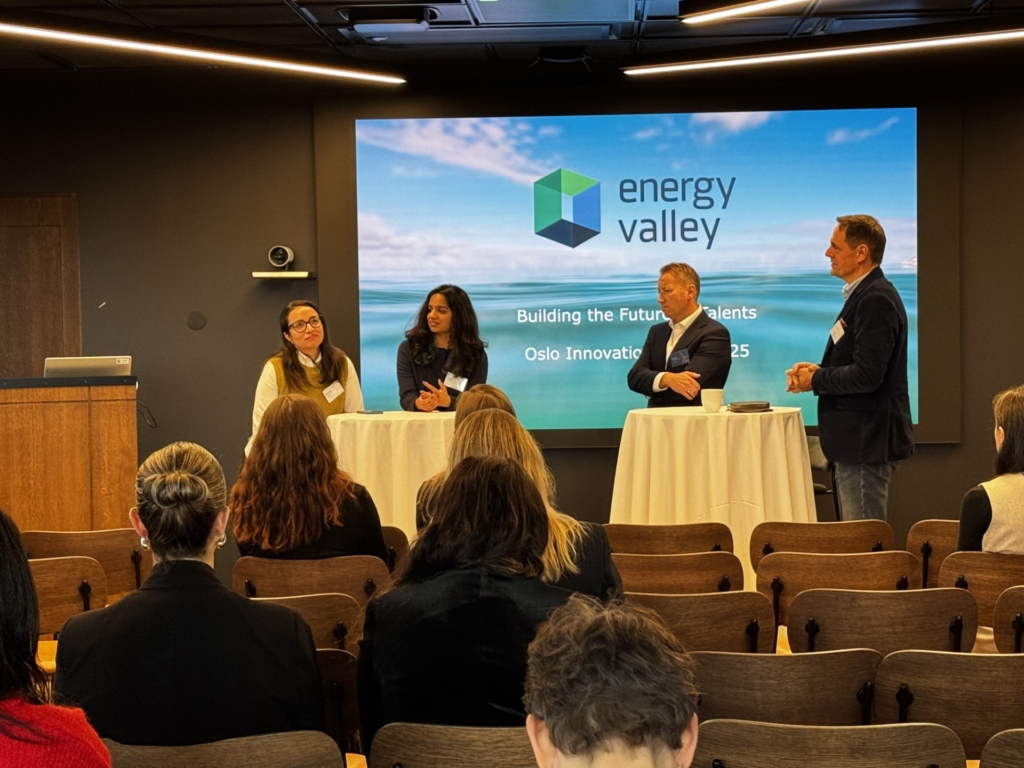
At the core of the discussion was a shared belief:
👉 Talent is Norway’s most important resource, but how we develop, empower and trust that talent will determine whether we stay a local success story or become a truly global one.
SESSION II
The Power of Energy Efficiency in Industry Innovation
Alexander Glowacki (Senior Lead Strategist & People Manager, Strategy, Design & AI, frog, part of Capgemini Invent) had some key takeaways from the second session of the day. Here’s what he had to say…
Most people agree that great collaboration drives innovation. Yet, establishing valuable partnerships remains a challenge.
During Oslo Innovation Week, we tackled this topic through an intimate workshop on energy efficiency collaboration. Together with Simoen Moxnes from Equinor and Gina Arnestad from Statnett, we identified real barriers and actionable solutions for founder-corporate partnerships.
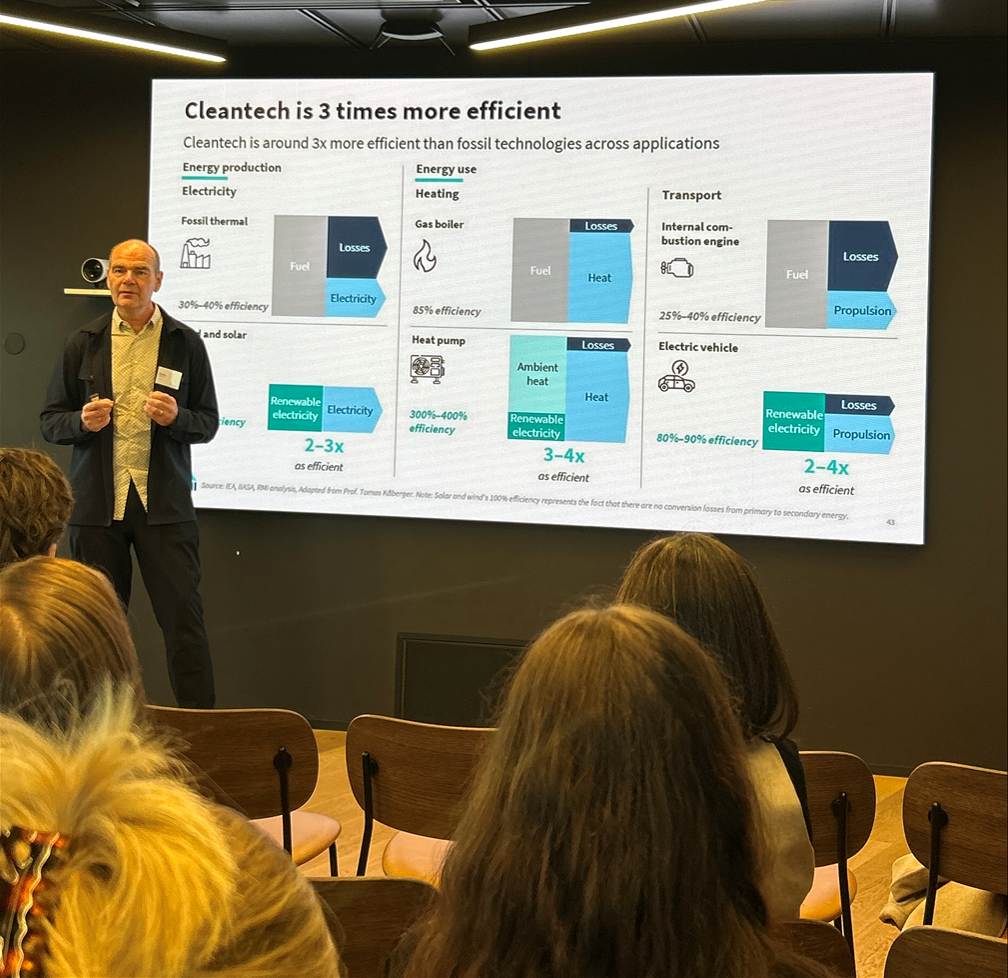
Three key barriers
Speed mismatch:
Startups need to move fast to survive. Industry majors need time to navigate complex decision-making. This creates friction.
Navigation complexity:
The sheer size of corporations makes it difficult for younger companies to identify the right entry points for partnerships.
Communication gaps:
Misaligned language and expectations create friction. What startups call “partnership” might mean something entirely different to a corporate.
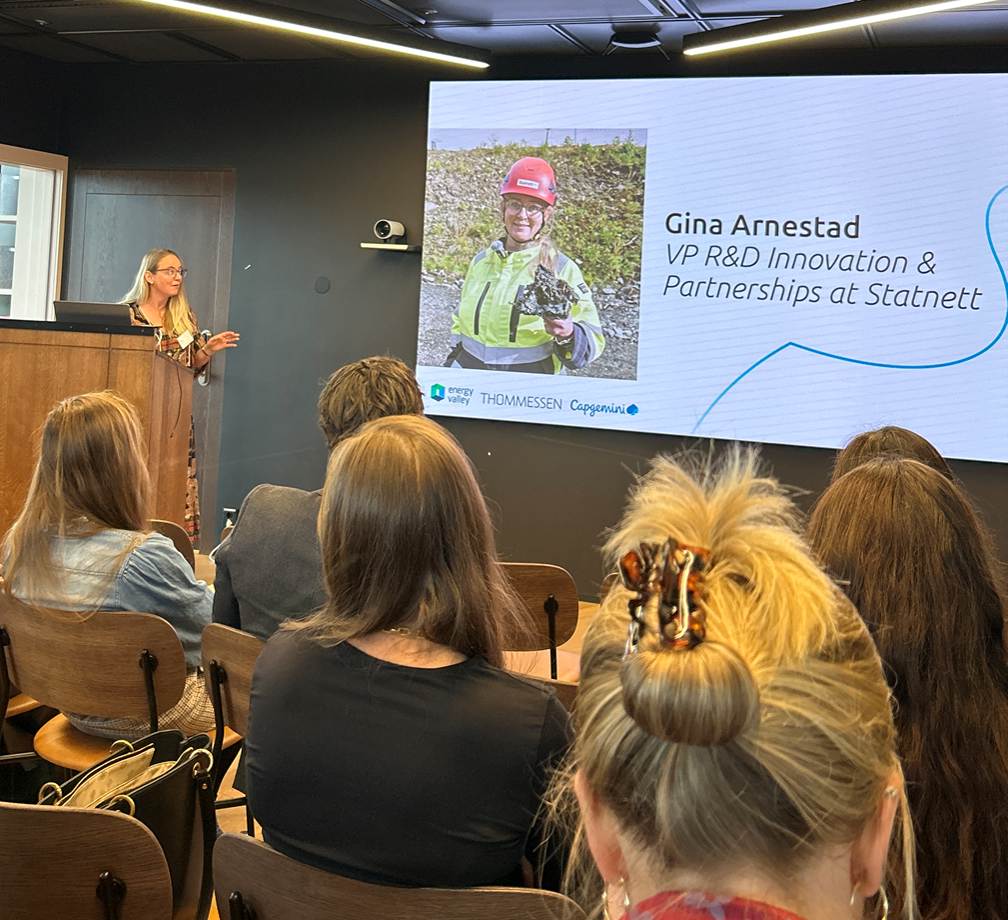
The good news…
Don’t worry, in spite of the barriers, it’s not all doom and gloom! Progress IS happening! Equinor is engaging with Innovation Dock and StartupLab. Statnett has built a portal for partnership submissions.
But we need continued dialogue to bridge the existing gaps.
Here’s a perspective shift: innovation in energy efficiency isn’t new. In the early 1900s, whale oil dominated lighting before kerosene took over. Today, LED technology reigns supreme.
So, here’s a question for us all to contemplate: What will be the “whale oil” of our time? What seems essential today but will be obsolete in 20 years?

